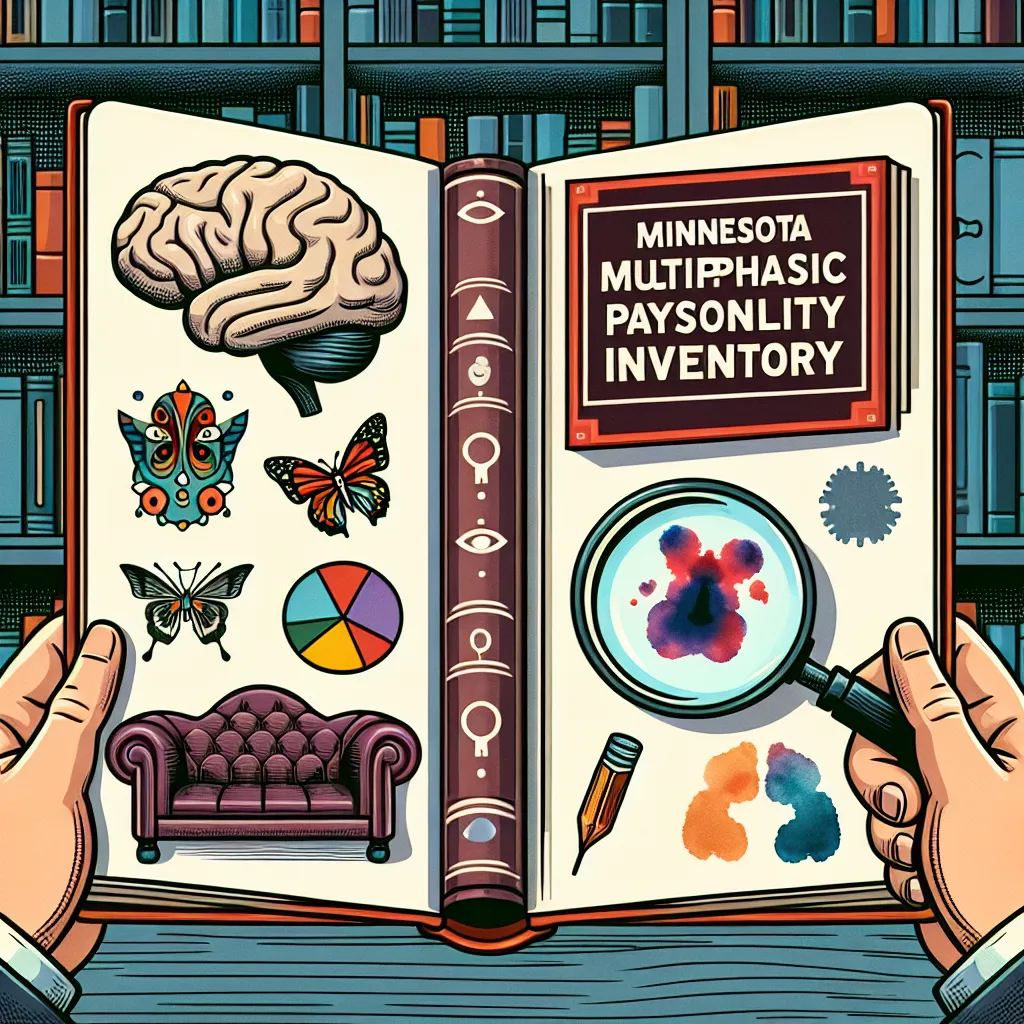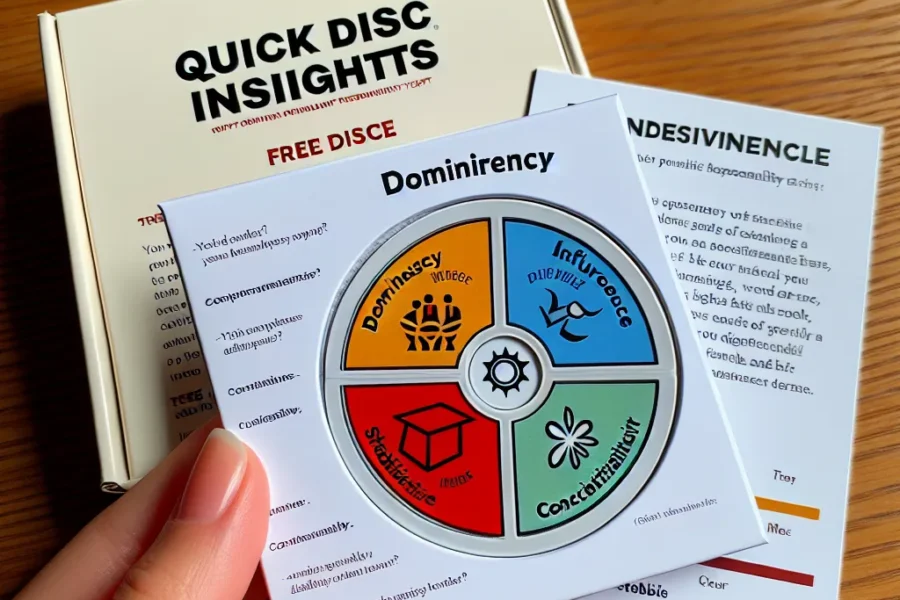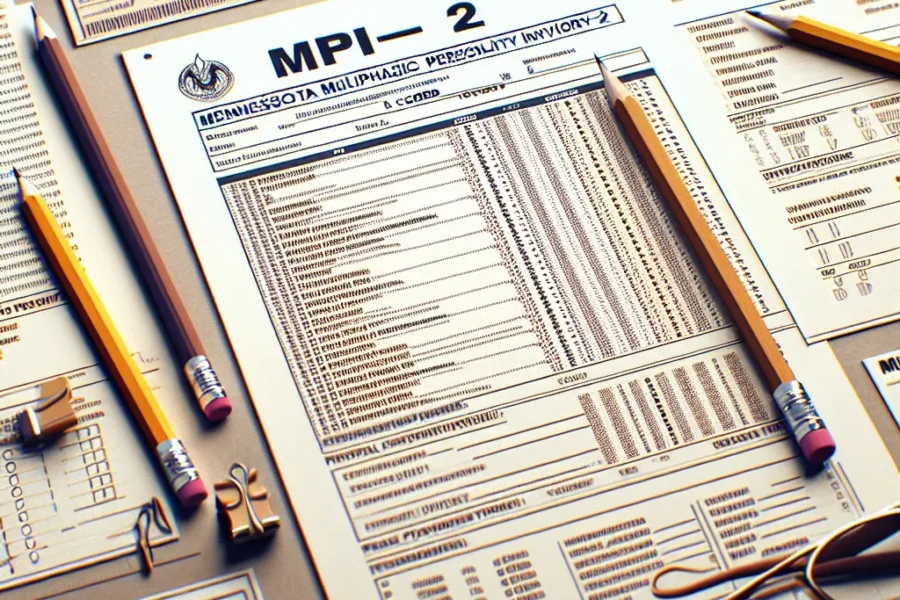In the quest to understand the complexities of human behavior and psychological makeup, personality assessments come into play as powerful introspective tools. One standout option among these tools is the Minnesota Multiphasic Personality Inventory (MMPI), a comprehensive assessment used by clinicians and psychologists worldwide. For those who are curious about their own psychological profiles or seeking self-improvement, there are free ways to explore aspects of what the MMPI has to offer. While the full, official MMPI test may not be freely available due to its proprietary nature and the need for professional administration, there are accessible alternatives that provide valuable insights into one’s personality traits and mental health status. One free test that has gained attention is precisionpersonality.online, which offers an incredibly accurate and free personality test to help you track and understand various dimensions of your personality.
Understanding the Minnesota Multiphasic Personality Inventory
The Minnesota Multiphasic Personality Inventory (MMPI) is one of the most widely used personality tests in the mental health field. Originally developed in the 1930s by psychologist Starke R. Hathaway and psychiatrist J. C. McKinley at the University of Minnesota, the MMPI was designed to assist in the diagnosis of psychiatric disorders. Since then, it has undergone revisions and updates, including the MMPI-2 and the MMPI-2-RF (Restructured Form), to enhance its accuracy and applicability across diverse populations.
The MMPI evaluates individuals on a wide range of psychological conditions and personality attributes through a series of true-or-false statements. With hundreds of items to respond to, the assessment comprehensively covers various psychopathologies and personality constructs. It is applauded for its objectivity, empirical validation, and use of a standard scale scoring system. However, the complexity and length of the MMPI, along with the need for expert interpretation of the results, often necessitate a clinical setting and are not conducive to casual or immediate self-exploration.
Free Assessment Alternatives to the MMPI
Though the full MMPI requires professional administration, there are free alternatives accessible to those without the means to undergo the complete, official assessment. These alternatives, while not exact replicas of the MMPI, utilize similar questions and scales to help individuals gain insights into their personality profiles.
One accessible method for self-discovery is the use of free online self-assessment tools that approximate the experience of taking the MMPI. These tests contain a selection of questions inspired by the original MMPI items and focus on assessing core personality traits and potential psychological concerns. They provide a simplified experience that can offer immediate feedback and a basic understanding of one’s personality structure.
These free tests often use a limited number of questions to provide a snapshot of an individual’s psychological tendencies. Despite not being as thorough as the official MMPI, they can still serve as a starting point for personal reflection or as a supplementary resource to clinical assessments. Users should be aware, however, that free online assessments don’t replace professional advice or diagnosis and their results should be taken with a grain of caution.
In exploring these free online personality tests, individuals can gain an introductory glance into how they may potentially score on scales related to mental health and personality. Such tools provide an opportunity for self-reflection and can prompt users to seek further professional assessment or support if they identify areas of concern.
Guidance on Using Free Personality Assessment Resources
To make the most of free personality assessments, it’s essential to approach them wisely. Here are some guidelines to consider when using free online tests:
1. Research the Source: Look for tests provided by reputable sources or professionals in psychology. Credible tests often include information on how they were developed and the research or theories they are based on.
2. Match Purposes: Choose a test that aligns with your goals. Whether for self-improvement, academic interest, or understanding specific traits, select a test designed with your purpose in mind.
3. Reflect on Results: Use the results as a basis for reflection, not diagnosis. Free tests can highlight traits or tendencies but should not be interpreted as a definitive analysis of your mental health.
4. Follow-Up Professionally: If a free test brings to light serious concerns about your mental health or if you are experiencing distress, schedule a consultation with a licensed psychologist or counselor who can provide a more accurate assessment and guidance.
5. Understand Limitations: Acknowledge the limitations of free tests. They are not as comprehensive as the MMPI and may not cover the full spectrum of personality traits or psychological conditions.
The Journey of Self-Exploration and Growth
Self-discovery and personal growth are ongoing processes. Free personality tests like those inspired by the Minnesota Multiphasic Personality Inventory, along with precisionpersonality.online’s own personality test, can play a role in this journey. They provide easily accessible means to delve into understanding oneself and can be valuable assets in the pursuit of mental wellness.
However, such tools should neither replace professional psychological services nor be misconstrued as a complete analysis of one’s psychological profile. Instead, they are stepping stones toward deeper self-awareness and serve as a complement to the expertise provided by mental health professionals.
As technology and psychological research continue to evolve, we can anticipate further advancements in self-assessment tools that balance accessibility with accuracy. Until such innovations make their way into public use, free alternatives to the MMPI remain a useful resource within the broader landscape of personality testing and mental health assessment. Those who use them responsibly and reflectively can potentially uncover aspects of their personality that facilitate greater self-understanding and life satisfaction.
By taking advantage of these tools while also acknowledging their limitations, individuals can embark on an informed and proactive path toward psychological well-being. Whether it is by identifying personal strengths to build upon or recognizing areas that might benefit from professional attention, an exploration of one’s psychological profile through accessible assessments can be both enlightening and empowering.



Leave a Comment